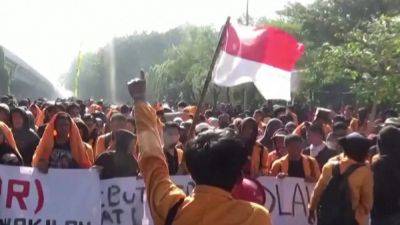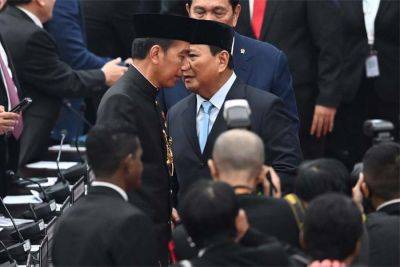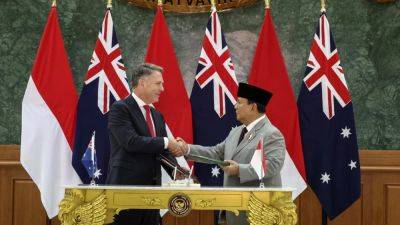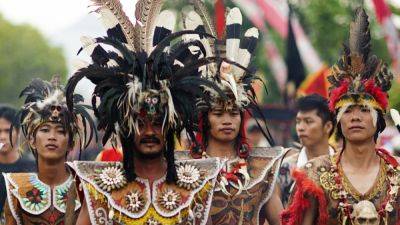Indonesia: Stockholm syndrome or ‘Things Fall Apart’?
August 28, 2024
JAKARTA – “Aug. 22 was recorded as a historic day. Thousands of elements of society took to the streets in various cities, voicing their rejection of the revision of the Regional Elections Law, which was deemed to benefit the dynasty of Indonesian President Joko “Jokowi” Widodo.” (“This is not a nation belonging to a particular family”, BBC Indonesia, Aug. 24)
Historic? You could have fooled me! There have been many demonstrations over the decades. For example, Malari, short for Malapetaka Lima Belas Januari (Disaster of Jan. 15), took place in 1974 to fight against corruption, high prices and inequality in foreign investments. Then in 2005-2006, there was a series of protests throughout the nation against the anti-pornography bill, which was seen to threaten Indonesia’s cultural diversity and pluralism. The bill was nevertheless passed in 2008.
A more recent example was seen in the 2020 demonstrations against the Job Creation Law, which was purportedly meant to increase investment and industrialization. Protesters were concerned with the law’s impact on work conditions and the environment. The protest was against the bill, and it ended up being passed into law anyway. So, what’s new?
There have been many other protests over the decades. There’s even a Wikipedia entry titled “Protests in Indonesia”, featuring 19 pages which do not even reflect recent developments.
Regarding the Aug. 22 protests, on Aug. 23 the ASEAN Parliamentarians for Human Rights (APHR) issued a statement expressing their deep concern over “the excessive use of force such as violence, rubber bullets, tear gas, water cannons and batons against students, human rights defenders and journalists involved in the protest demonstrations … on







